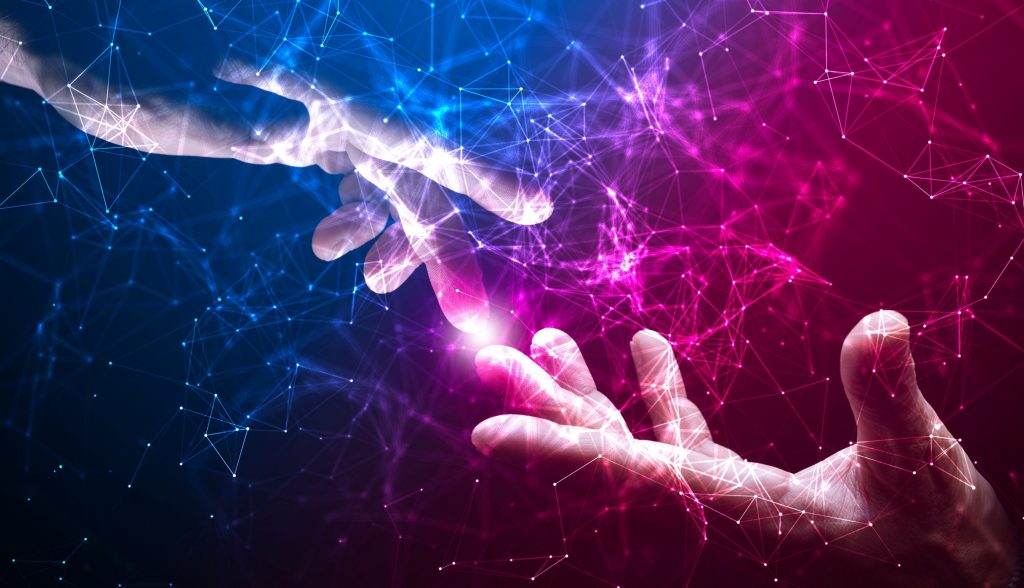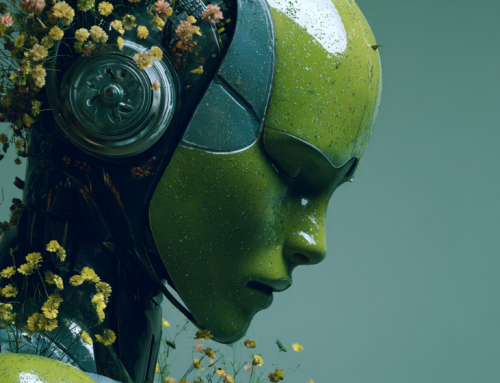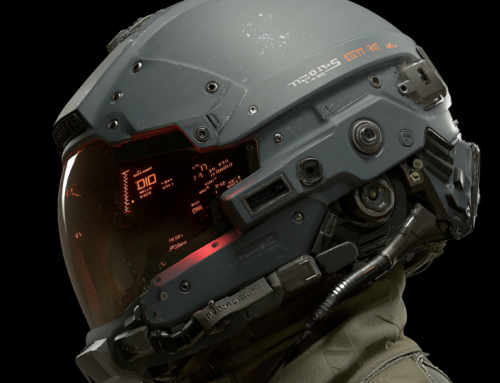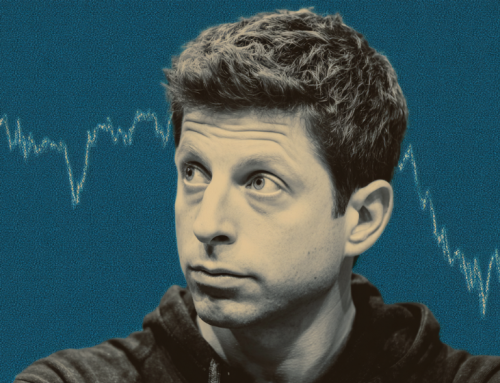Writer Says AI Neither Utopian Nor Dystopian, But Furthers the Human Species
Stephen Marche of theatlantic.com wrote a piece that’s featured in the One Story to Read Today in a newsletter the magazine’s editors recommend. We at Seeflection.com concur. As Marche takes us through the years of AI being introduced to us, yet remaining fairly secretive is an informative read. He touches on religion and its interface with AI as well as a plateful of other ideas to consider when thinking about AI.
He begins with:
“Miracles can be perplexing at first, and artificial intelligence is a very new miracle. ‘We’re creating God,’ the former Google Chief Business Officer Mo Gawdat recently told an interviewer. ‘We’re summoning the demon,’ Elon Musk said a few years ago, in a talk at MIT. In Silicon Valley, good and evil can look much alike, but on the matter of artificial intelligence, the distinction hardly matters.
Either way, an encounter with the superhuman is at hand.
And he is right. We are creating something that can be considered miraculous and malicious. Two things can be true.
Early AI involved computers that played checkers or chess, or that could figure out how to shop for groceries. But over the past few years, machine learning—the practice of teaching computers to adapt without explicit instructions—has made staggering advances in the subfield of Natural Language Processing, once every year or so. Even so, the full brunt of the technology has not arrived yet. You might hear about chatbots whose speech is indistinguishable from humans’, or about documentary makers re-creating the voice of Anthony Bourdain, or robots that can compose op-eds. But you probably don’t use NLP in your everyday life.
He goes on:
“Science fiction, and our own imagination, add to the confusion. We just can’t help thinking of AI in terms of the technologies depicted in Ex Machina, Her, or Blade Runner—people-machines that remain pure fantasy. Then there’s the distortion of Silicon Valley hype, the general fake-it-’til-you-make-it atmosphere that gave the world WeWork and Theranos: People who want to sound cutting-edge end up calling any automated process “artificial intelligence.” And at the bottom of all of this bewilderment sits the mystery inherent to the technology itself, its direct thrust at the unfathomable. The most advanced NLP programs operate at a level that not even the engineers constructing them fully understand.
Marche has written a broad background with the foresight of what will come in our marriage between AI and humanity. We highly recommend you take a moment to take in his thoughts and see how they line up with your own thoughts about the world before and after AI.
“All technology is, in a sense, sorcery. A stone-chiseled ax is superhuman. No arithmetical genius can compete with a pocket calculator. Even the biggest music fan you know probably can’t beat Shazam.”
read more at theatlantic.com








Leave A Comment